If you’re looking to brighten up your home with some greenery but don’t want to break the bank, you’re in luck!
We’ve compiled a list of the best plants on a budget for seniors. These plants are not only affordable but also easy to care for, making them perfect for those who may not have a green thumb.
Best Indoor Plants
Indoor plants can be a great way to brighten up a senior’s living space and provide some health benefits. Here are some of the best indoor plants for seniors on a budget.
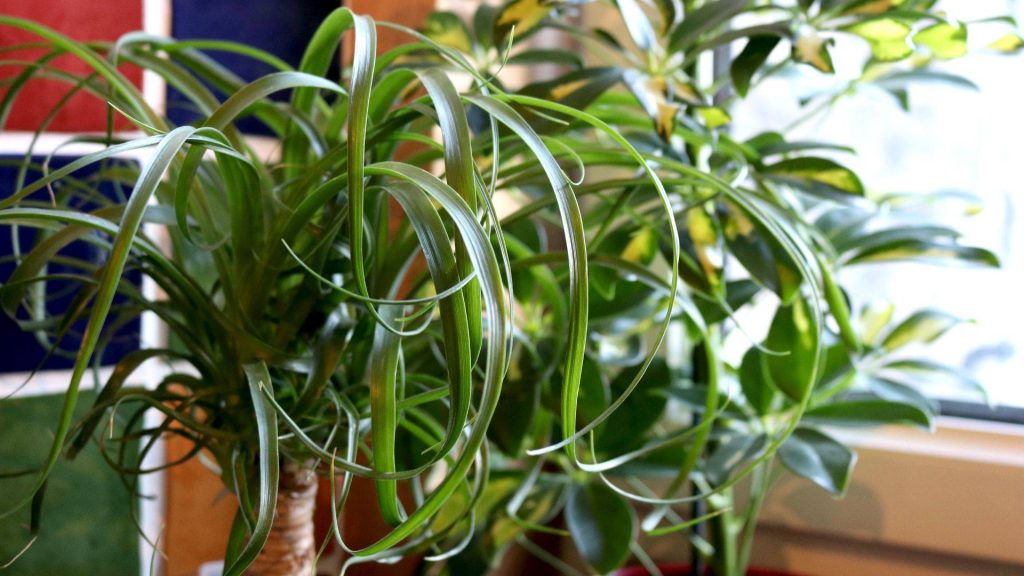
Low-Maintenance Plants
Seniors may not have the energy or ability to care for high-maintenance plants. Low-maintenance plants are a great option for seniors who still want to enjoy the benefits of indoor plants without the added work. Here are some examples:
- Ponytail Palm: This plant is easy to care for and requires minimal watering. It can also tolerate low light conditions.
- Snake Plant: This plant is very hardy and can survive in low light conditions. It also doesn’t need to be watered often.
- Spider Plant: This plant is easy to care for and can help purify the air. It also produces small “spiderettes” that can be propagated into new plants.
Air Purifying Plants
Indoor air quality can be a concern for seniors, especially those with respiratory issues. Air purifying plants can help improve indoor air quality by removing harmful toxins. Here are some examples:
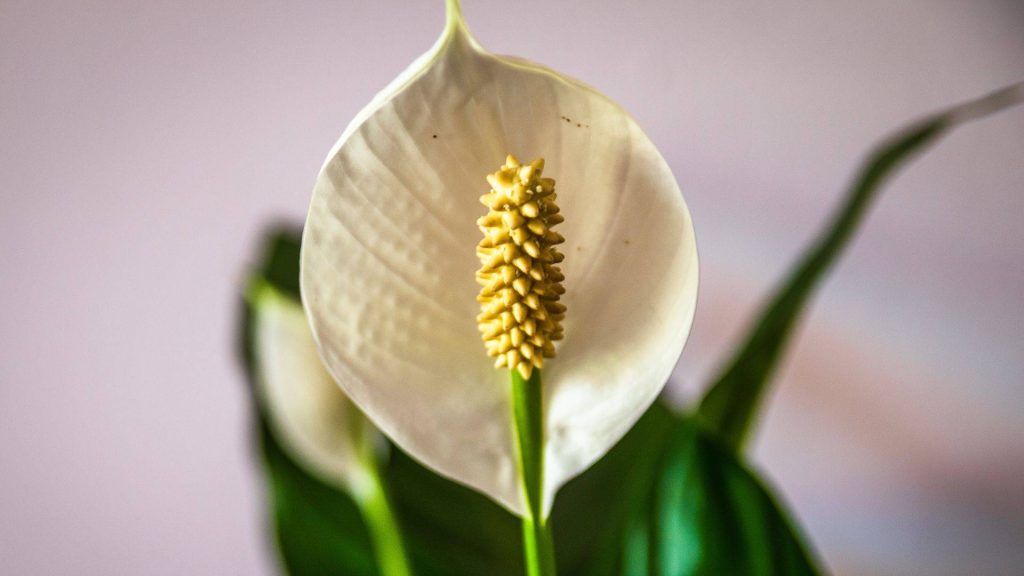
- Peace Lily: This plant is known for its ability to remove toxins such as formaldehyde and benzene from the air. It also produces beautiful white flowers.
- Boston Fern: This plant is great for removing pollutants such as formaldehyde and xylene from the air. It does require more watering than some other plants, but it is still relatively low-maintenance.
- Golden Pothos: This plant is easy to care for and can help remove toxins such as formaldehyde and benzene from the air. It also has a trailing vine-like growth habit that can be attractive.
Pet-Friendly Plants
Seniors who have pets may be concerned about having indoor plants that are toxic to their furry friends. Pet-friendly plants are a great option for seniors who want to enjoy indoor plants without putting their pets at risk. Here are some examples:
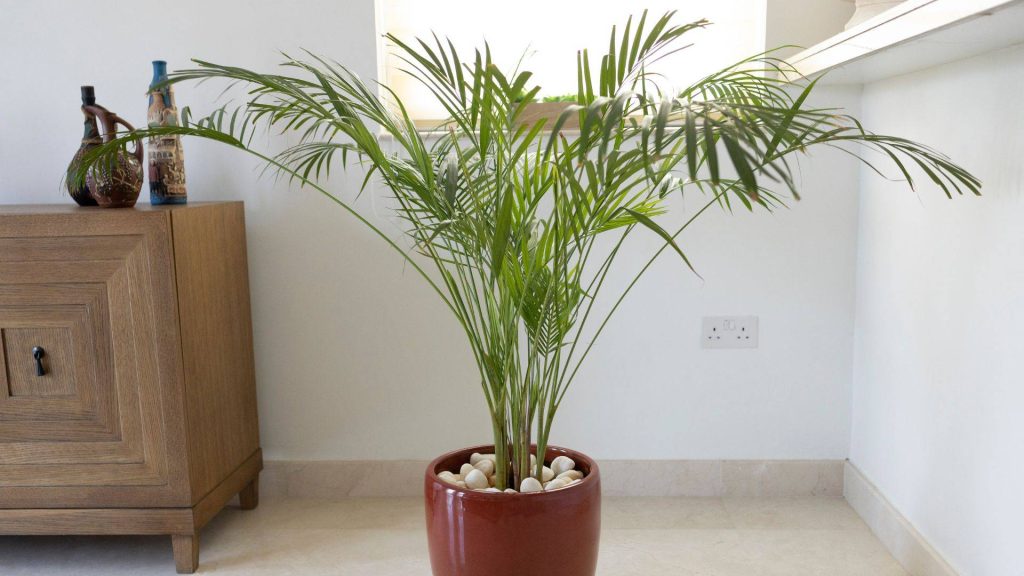
- Spider Plant: This plant is safe for pets and can help purify the air. It also produces small “spiderettes” that can be propagated into new plants.
- Bamboo Palm: This plant is safe for pets and can help remove toxins such as formaldehyde and benzene from the air. It does require more watering than some other plants, but it is still relatively low-maintenance.
- Parlor Palm: This plant is safe for pets and can help remove toxins such as formaldehyde and benzene from the air. It also has a tropical look that can be attractive.
Overall, indoor plants can be a great addition to a senior’s living space. Low-maintenance, air purifying, and pet-friendly plants are all great options for seniors on a budget.
Best Outdoor Plants
When it comes to gardening on a budget, outdoor plants are a great option. They not only add beauty to your yard but also provide a source of fresh produce. Here are some of the best outdoor plants for seniors on a budget.
Perennials
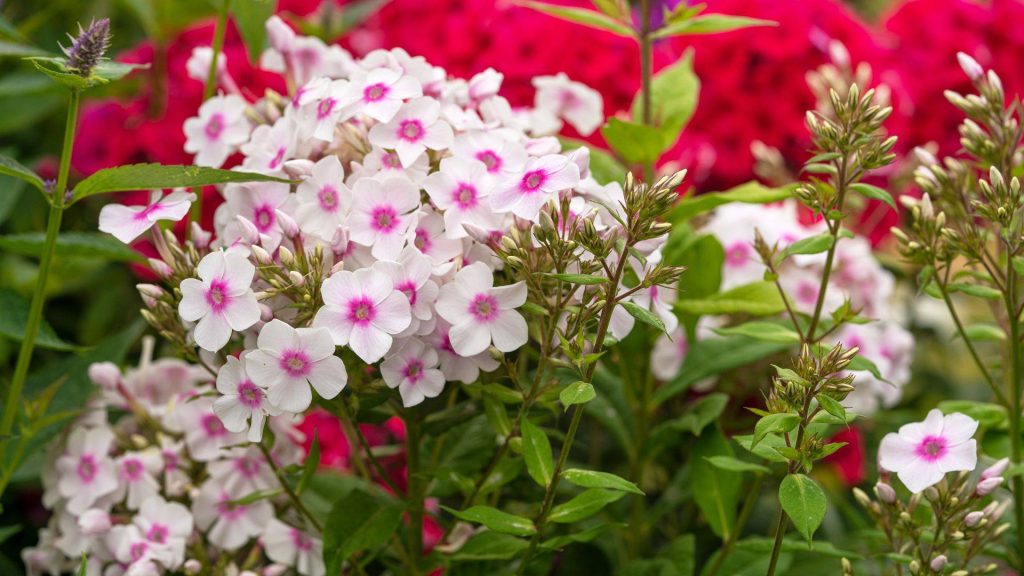
Perennials are a great option for seniors as they are low maintenance and come back year after year. Some budget-friendly perennials to consider include:
- Black-eyed Susan
- Coneflower
- Daylily
- Hosta
- Sedum
These plants are easy to care for and can add color and texture to your yard.
Drought-Tolerant Plants
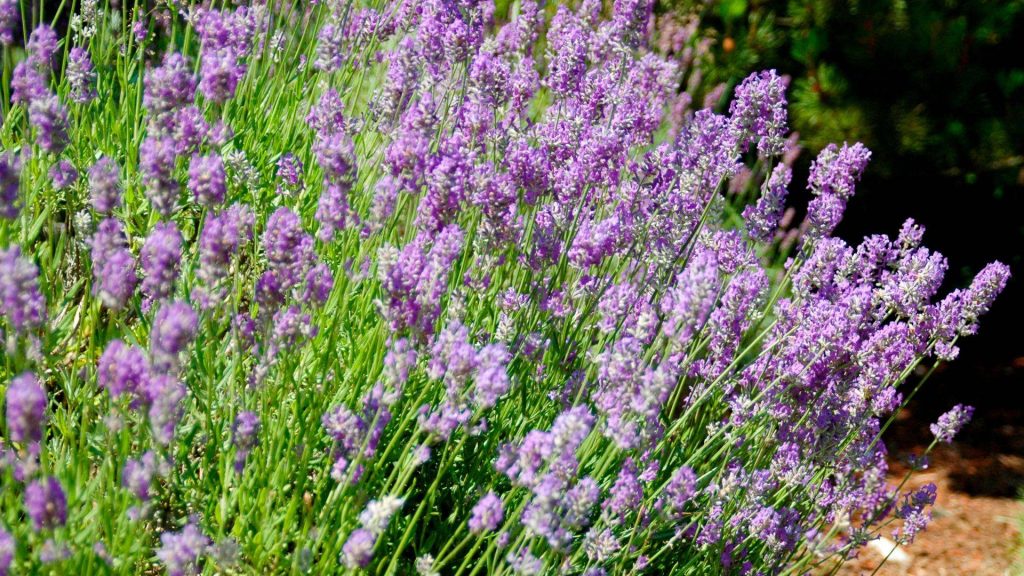
Drought-tolerant plants are a great choice for seniors who live in areas with hot and dry summers. These plants require less water and are easy to care for. Some drought-tolerant plants to consider include:
- Lavender
- Rosemary
- Sage
- Succulents
- Yarrow
These plants not only add beauty to your yard but also attract pollinators like bees and butterflies.
Fruit and Vegetable Plants
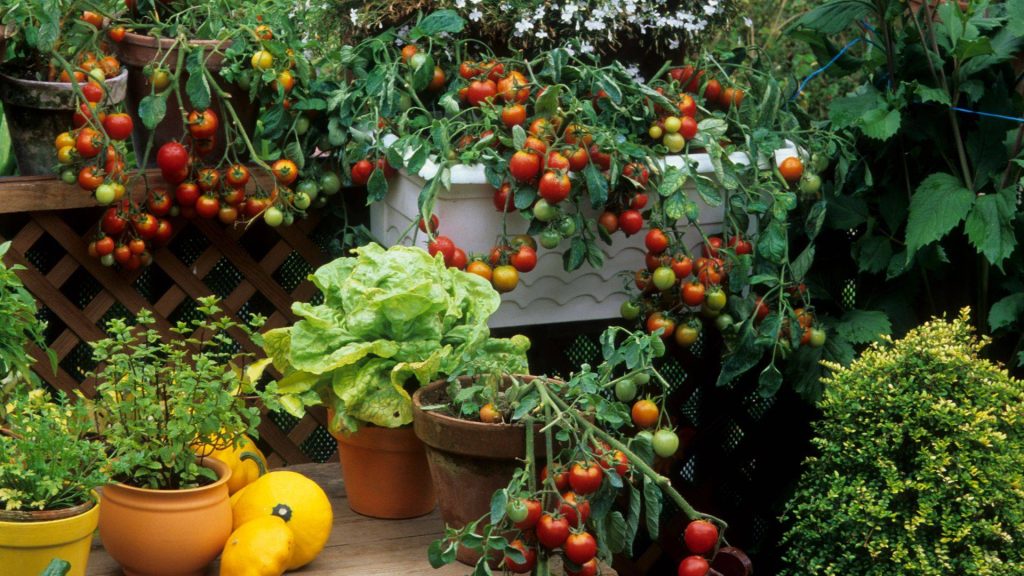
Growing your own fruits and vegetables not only saves you money but also provides a source of fresh produce. Some budget-friendly fruit and vegetable plants to consider include:
- Tomatoes
- Cucumbers
- Zucchini
- Peppers
- Strawberries
These plants can be grown in containers or in the ground and are easy to care for. Plus, they provide a fun and rewarding activity for seniors to enjoy.
In conclusion, these are just a few of the best outdoor plants for seniors on a budget. With a little bit of planning and care, you can create a beautiful and productive garden that will bring you joy for years to come.
Tips for Plant Care on a Budget
Repurposing Containers
When it comes to gardening on a budget, repurposing containers can be a great way to save money. Instead of buying expensive pots, consider using items you already have around the house, such as old buckets, cans, or jars. Just make sure that the container has drainage holes at the bottom to prevent water from accumulating and causing root rot.
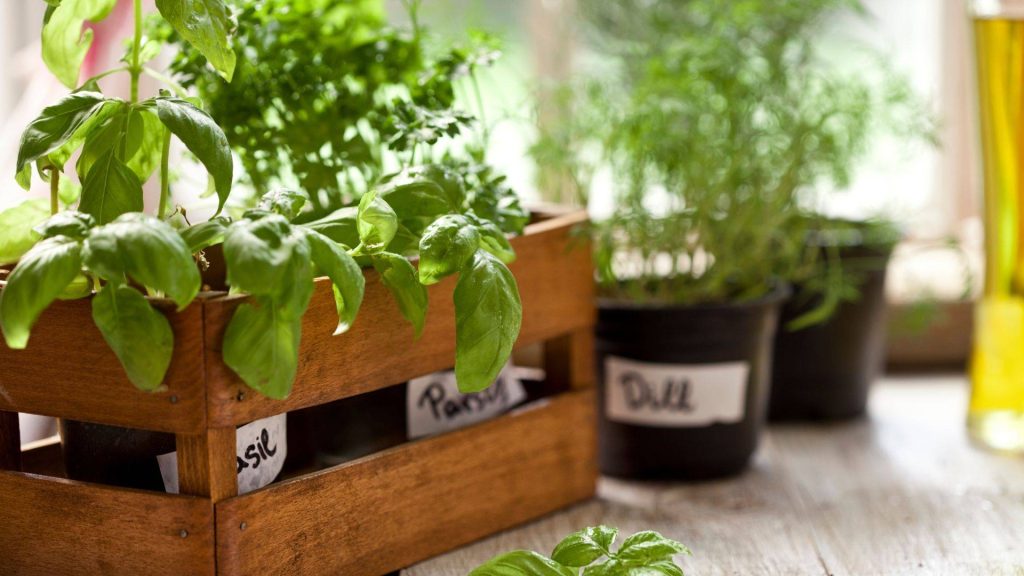
Another option is to use items that you can find for free, such as discarded pallets or wooden crates. These can be transformed into beautiful planters with a little bit of creativity and some DIY skills.
DIY Fertilizer
Fertilizer is an essential part of plant care, but it can also be expensive. Fortunately, there are many DIY options that you can make at home using common household items. For example, you can use eggshells, coffee grounds, or banana peels to add nutrients to your soil.
Another option is to make compost using food scraps, leaves, and other organic materials. Composting not only provides your plants with essential nutrients, but it also reduces waste and helps the environment.
Watering Techniques
Watering your plants is crucial for their survival, but it can also be a source of waste and expense. To save money on water, consider using techniques such as drip irrigation or a soaker hose. These methods deliver water directly to the roots of your plants, reducing waste and ensuring that they get the water they need.
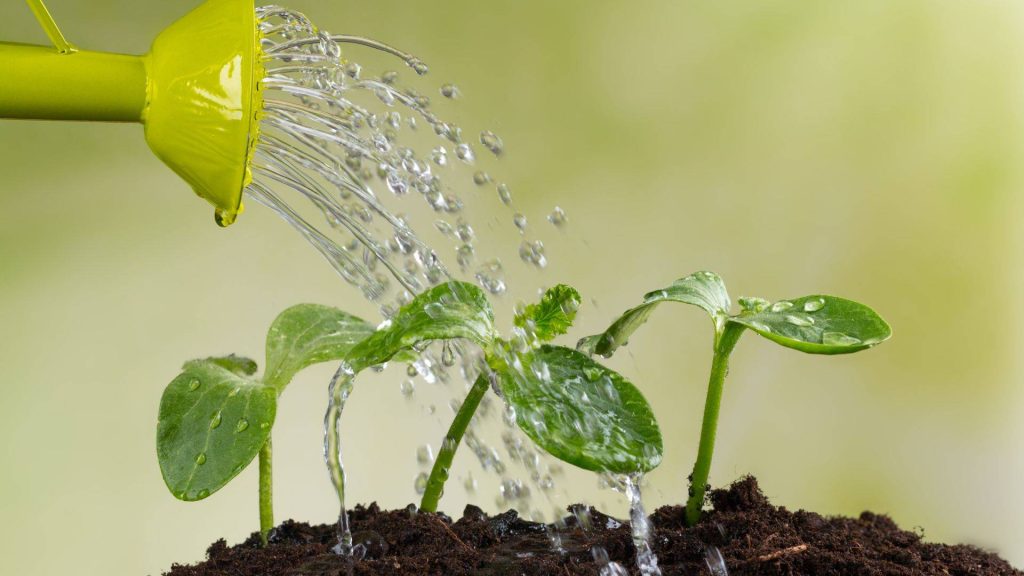
Another option is to collect rainwater using a rain barrel. This not only saves money on your water bill, but it also provides your plants with natural, chemical-free water.
By repurposing containers, making your own fertilizer, and using water-saving techniques, we can care for our plants on a budget without sacrificing their health and beauty.
